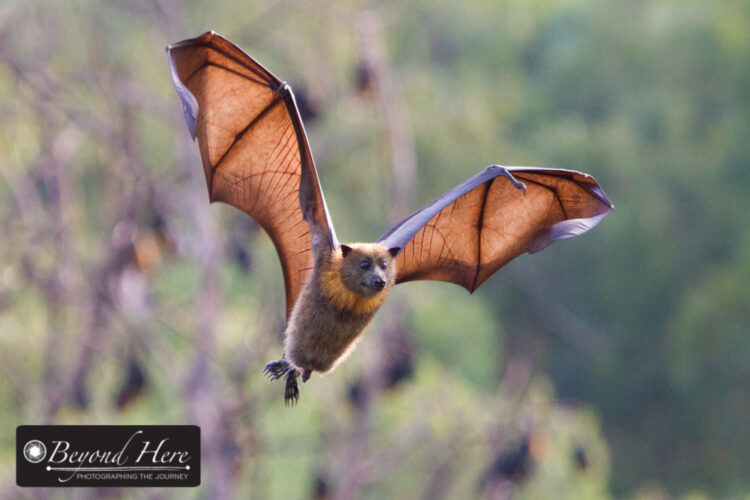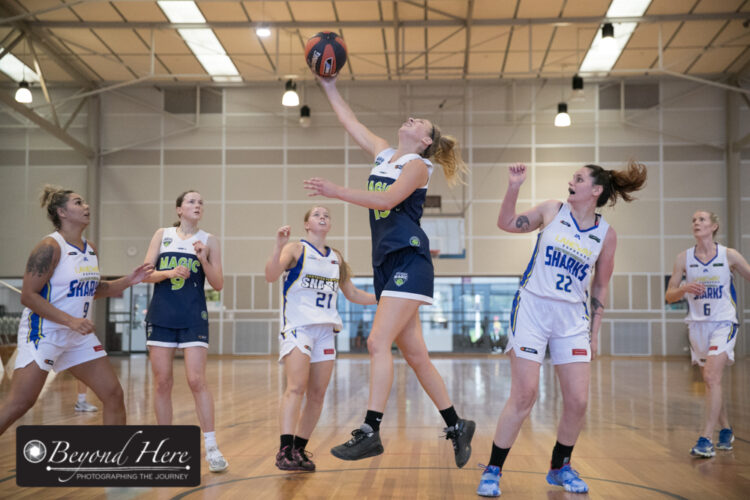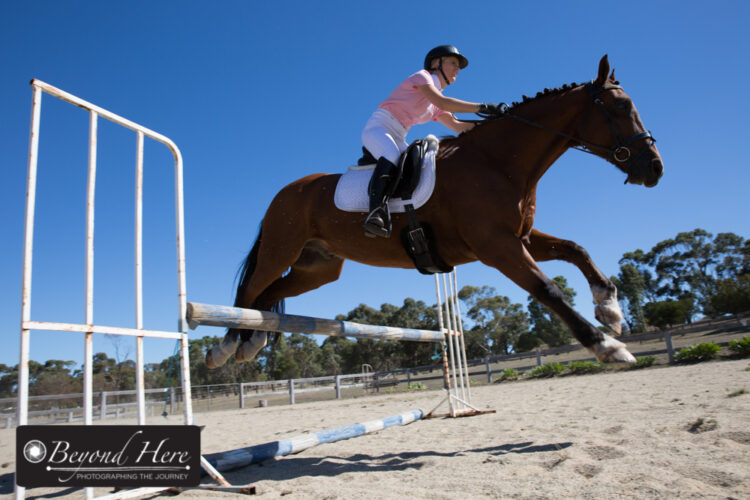Last month I was the guest speaker at the Maroondah Photographic Society meeting. It was fun to share images and talk about ‘action photography’. I particularly enjoyed the discussion and the questions, and while I was the presenter, I also learned a lot. Here are 5 Lessons from Speaking to a Local Camera Club.
Lesson 1 – It’s Fun to Talk with Other Photographers
My first lesson was more of a reminder than a lesson, and that is – it is fun to talk to other photographers. We share a passion for creating images, and I really enjoyed sharing images and talking with this group.

While I mainly shoot sports I enjoyed presenting wildlife action images as well
Lesson 2 – Photographers like to Know Your Camera Settings
During the discussion on action images, with nearly every image someone was asking about camera settings. It took me a little by surprise. Perhaps it’s due to experience (or old age!) but I rarely ask about camera settings. I have either experienced taking different styles of shots, or can estimate by looking at the image what the camera settings will be. That aside, the lesson was that the members of this club were interested in camera settings. Next time I will include them for each image.

Lesson 3 – Positioning and Timing
I mainly shoot sports images and so the discussion did focus on sports photography. Positioning and timing are key to generating high quality sports images. Two simple tips – images will be more compelling if you keen see the players faces, and if you can see the ball. Position yourself to capture both in your images.
Lesson 4 – Amateur Photographers Would Like to Know How to Generate an Income from Images
Regular readers of this blog will know that I have been active in stock photography. There are many posts on Beyond Here which discuss the process of shooting stock images and uploading them to an image library where they are then available to purchase. In our discussion on action photography I mentioned that many of my wildlife images are available as stock. This drew questions and was a good lesson for me – there are plenty of amateur photographers interested in how to generate an income from images. See here for what to expect starting in stock photography.

Lesson 5 – Photographers Like to Know About Your Equipment
While equipment was not a major component of the presentation, it did feature and drew some discussion. I briefly covered the equipment we use for sports photography and more generally for action images. You’ll find it easier if you have a camera body which shoots a high number of images per second, have lenses which focus quickly and shoot at shallow depth of field, and use a mono-pod if you are going to be shooting for an extended time.
Thanks for reading these 5 lessons from speaking to a local camera club. To Neil and the photographers at the Maroondah Photographic Society – thank you for having me!
